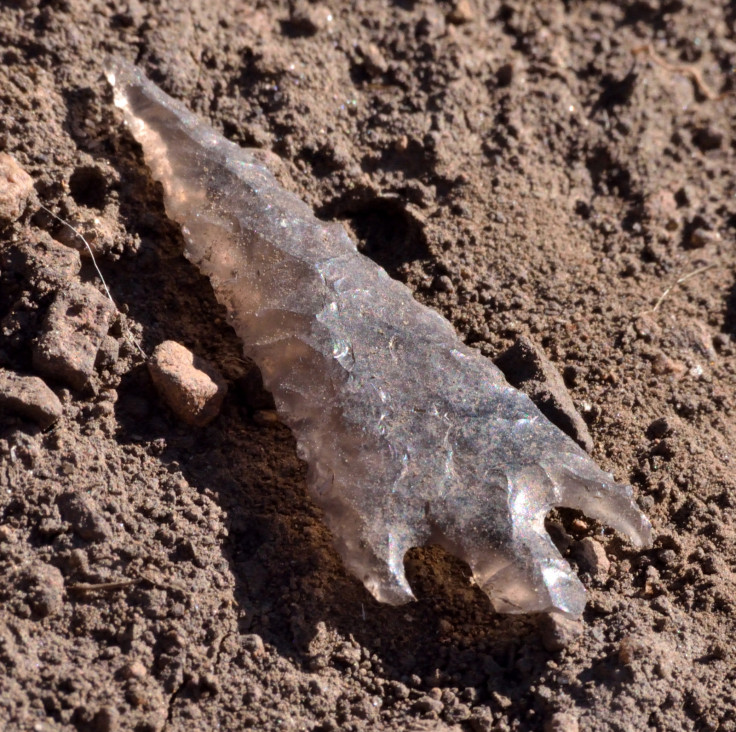Prehistoric Californian hunter-gatherer societies were plagued with lethal violence
When resources such as food were scarce, hunter-gatherer societies would turn to violence.

There was never a peaceful past where everyone got along in prehistoric North American societies – small-scale societies in what is now central California were quick to become violent when food and other resources were scarce, an archaeological study finds.
Prehistoric Californians who lived 1,530 to 230 years ago used a range of weapons on each other, from arrows and blades to bludgeoning instruments, finds a paper published in the journal PNAS. People were more likely to stab or shoot each other with arrows in times and places where resources were scarce. Bludgeoning, a close-contact form of violence, was not related to resource scarcity.
The bodies of five per cent of females and 11 per cent of males had marks of violence, such as arrow wounds, stab wounds or evidence of being bludgeoned.
This level of trauma in the population wasn't reached even in countries involved in the Second World War, said study author Mark Allen of California State Polytechnic University Pomona in a statement.
"When people are stressed out and worried about protecting the group, they are willing to be aggressive," he said. "Violence is about resources for the group."
The findings overturn one theory of violence in prehistoric societies, which said that while societies were small-scale and politically simple, their existence would have been much more peaceful than modern societies.
"This study provides no support for the position that violence originated with the development of more complex hunter-gatherer adaptations in the fairly recent past," the study authors write in the paper. "Instead, findings show that individuals are prone to violence in times and places of resource scarcity."
This has relevance for understanding today's societies, Allen said. "From warfare to homicide, lethal violence is an all too common aspect of the human experience, yet we still do not have a clear explanation of why individuals kill one another," the authors write.
The findings from prehistoric Californian societies provides a "clear rationale" for when and why outbreaks of violence may happen at points in human history.
"It's important to study it because if we are ever going to have hope of stopping it, we have to know the cause," Allen said. "If we want to reduce conflict, we need to figure out what to do about resource stress."
© Copyright IBTimes 2025. All rights reserved.






















